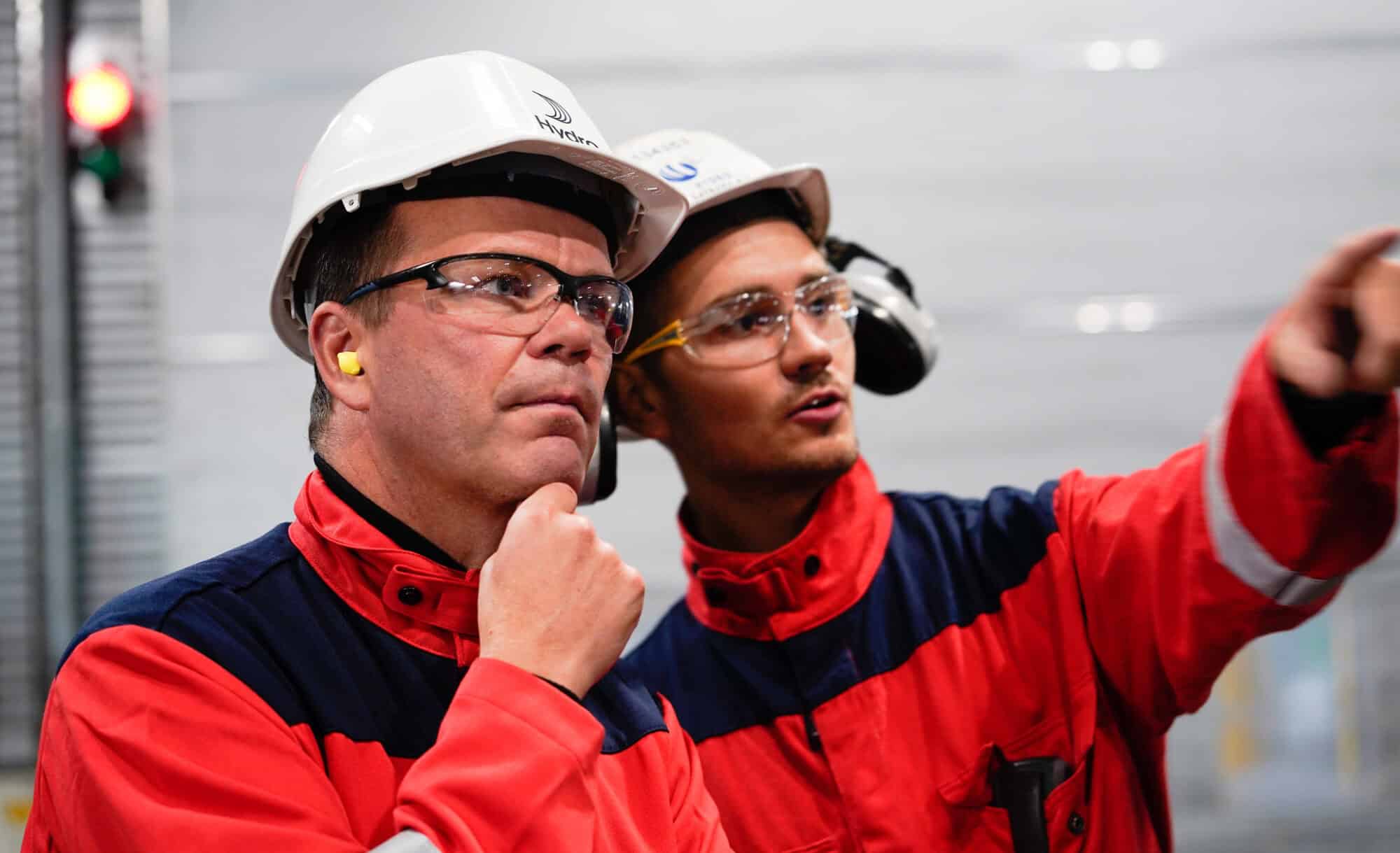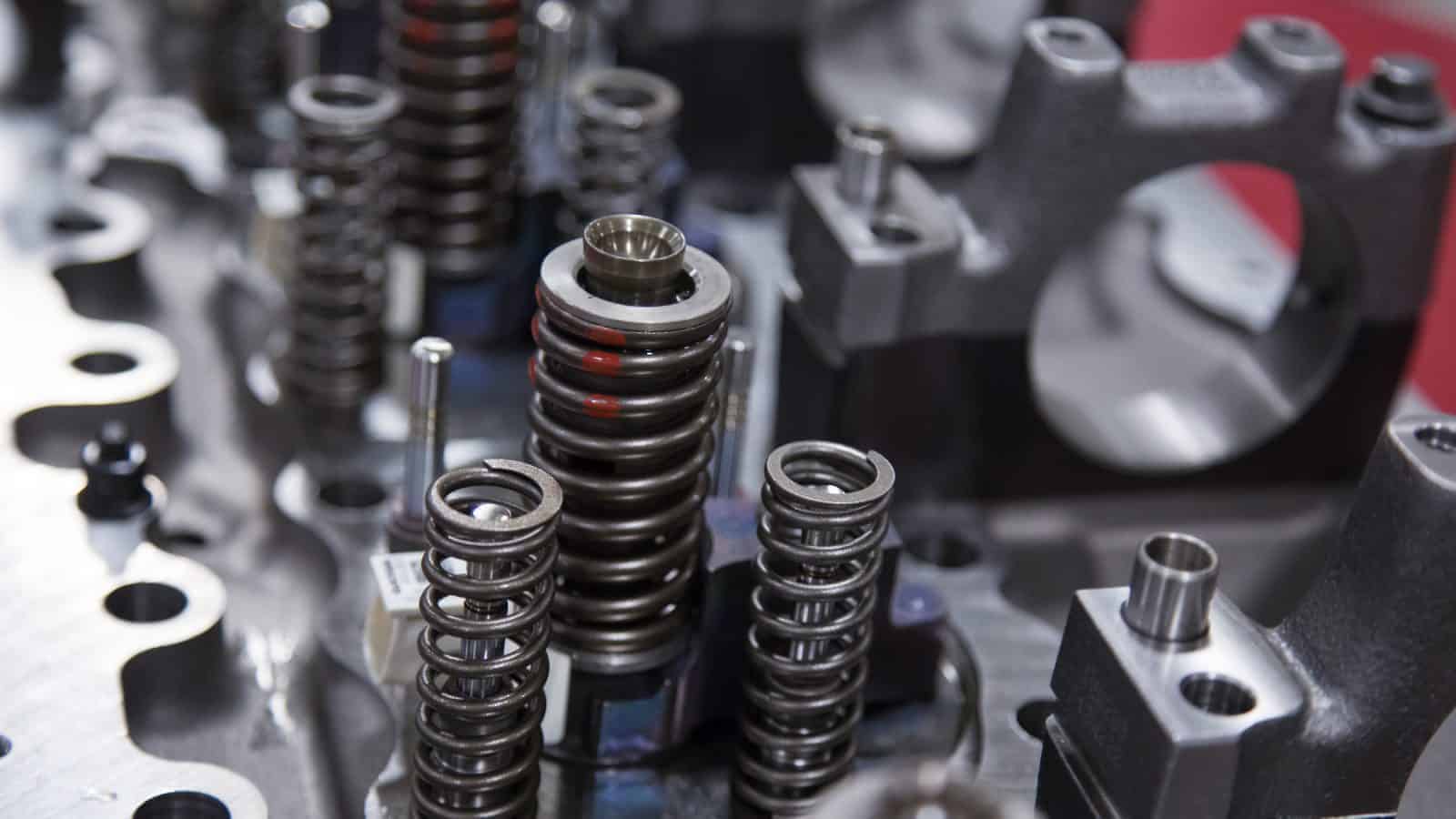Hydro CEO: U.S. Must Reuse More Aluminum

Aluminum is “an essential part of everything we do”—so we need to recycle more of it.
That’s the message from leading global aluminum and renewable energy company Hydro, based in Oslo, Norway, whose president and CEO, Eivind Kallevik, recently sat down with the NAM to discuss the importance of the metal to the U.S.
Ubiquitous and crucial: “Construction, automobiles, [energy and technology]—you’ll find an enormous amount of aluminum in all of that,” Kallevik told us. “Going forward, it will just become increasingly important.”
An energy imperative: The U.S. has an aging electrical grid—a matter on which the NAM has long issued a clarion call—and modernizing and expanding it to meet Americans’ energy appetite will require aluminum, and a lot of it.
- “There’s going to be a huge increase in demand for electricity, especially given [the growth in construction of] data centers,” said Kallevik.
- For vehicles to become more energy-efficient, they must be lighter, and “the best way of doing that is more aluminum.”
A workhorse: One of the metal’s best qualities is its ability to withstand nearly endless reuse, Kallevik said.
- “You can recycle it infinitely. If you sort it the right way, you will be able to take it back to exactly the same state it was in in the first place.”
- Hydro—which has operations in 17 states and employs thousands of people in the U.S.—has multiple aluminum recycling facilities throughout the country, including at sites in Pennsylvania, Indiana, Illinois, Louisiana, California and Texas.
Keep more at home: “The more [aluminum] you can keep onshore, the better it is” for manufacturing, the economy in general and national security, Kallevik continued, adding that aluminum is critical in many U.S. defense applications.
- “If the U.S. kept more scrap exports onshore, we would reduce dependence on third parties” for the metal, he said.
Policy and supply chains: Because building is a heavily energy-intensive process, “energy policy is going to be increasingly important” in the coming years, Kallevik went on.
- “To protect its industries, the U.S. needs to ensure a fair regulatory framework to ensure that everybody in a global context competes on a level playing field,” he told the NAM.
- And when it comes to shoring up domestic supplies of aluminum, “to be more self-sufficient, the short-term solution for the U.S. is recycling,” he said. “Use what’s on the ground today, and for tomorrow, build capacity.”
